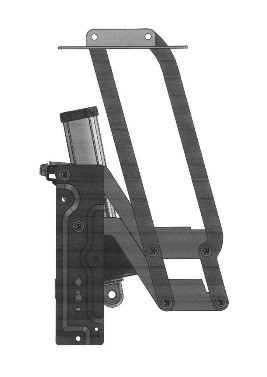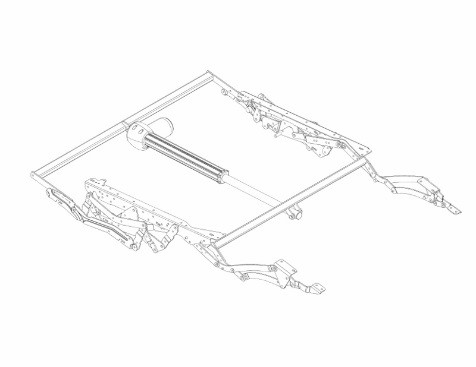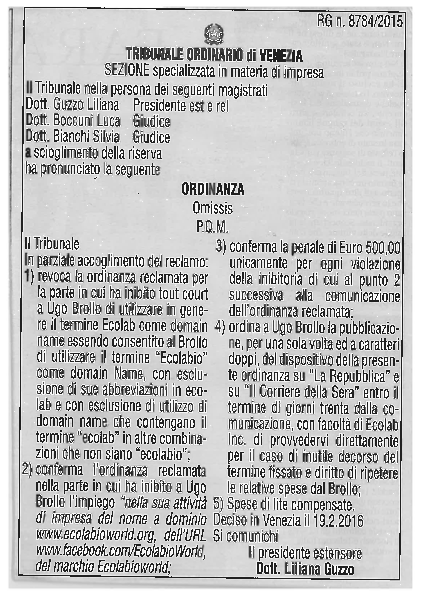THE “PIRATE” WHO DOES NOT RESPECT THE TRANSACTION MAY BE SENTENCED FOR INFRINGEMENT OF RIGHTS OVER SOFTWARE
12/02/2016
The “pirate” who does not respect the transaction may be sentenced for infringement of rights over software: LGV Avvocati successfully assists an international IT giant
Ms. Simona Lavagnini, partner of LGV Avvocati, has obtained an important judgment in favor of a software multinational corporation. A company from Catania, Sicily, operating in the provision of assistance and trading of IT products, has been condemned by the court for the infringement of copyright over computer programs.
In 2006, in the course of an anti-piracy campaign conducted on a national scale with respect to IT vendors, the software multinational carried out a civil search on the Sicilian company, finding unlawful programs. At the outcome of the procedure, the parties reached a settlement agreement, without going to trial. The Sicilian company did not, however, comply with its own undertakings, and indeed claimed the invalidity of the transaction on the basis of groundless requests, moral damages and willful misconduct. The multinational commenced proceedings requesting the rejection of the opposing claims and the termination of the settlement agreement, and consequently the ascertainment of the original unlawful act (resulting from the civil search), as well as damages, an injunction supported by penalty clause and publication of the decision.
With recent decision n. 1456 of February 3, 2016, the Court of Milan decided in favour of the IT giant, finding a lack of evidence supporting the invalidity request, and acknowledging the serious breach of contract – concerning in particular the omitted payment of the sum agreed in the settlement as damages – committed by the Sicilian company. Consequently, this was followed by a declaration of termination and a revival of all the obligations, including those related to payment of damages, deriving from the unlawful act committed by the Sicilian company.



